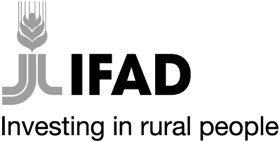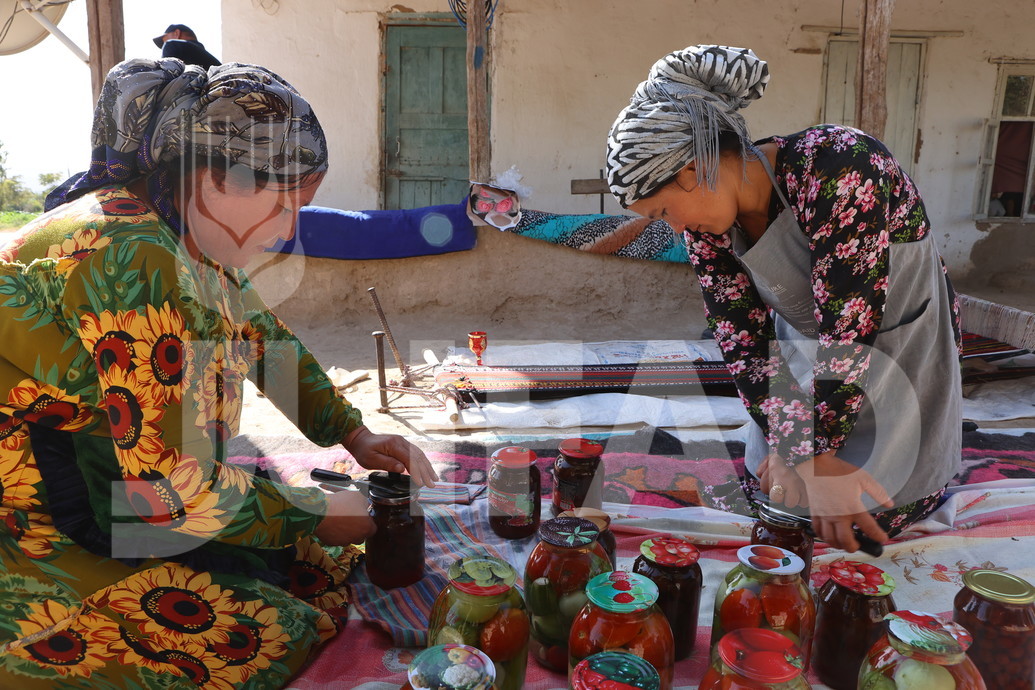| ID: | 86218 |
|---|---|
| Country: | Tajikistan |
| Title: | Tajikistan - Community-based Agricultural Support Project (CASP) - October 2023 |
| Description: |
Dusti means ‘friendship’ in Tajik. And the Dusti district of Khatlon Region in southwestern Tajikistan is a melting pot of many different Central Asian ethnic groups. Mavjuda Turdieva came to Mohinov Village from Uzbekistan in 1995. Somewhere along the way, Mavjuda lost her passport. Mrs. Halima Jumaeva, who is now the village organization Chief, worked with the local authorities on the case, and succeeded to get her a new passport and to gain Tajiki citizenship. “In our village organization mobile office, we have a photo of the Uzbeki and Tajiki Presidents together, shaking hands in friendship. In Dusti, we embrace our Uzbeki neighbours in the same friendship,” told Halima. Mavjuda was always a very active member of the community. With the arrival of the IFAD-supported CASP project, she was chosen to participate in the women’s income generating group(WIGG) for fruit and vegetable canning. Each of the women in her group received 100 jars and lids, and other equipment needed for canning. The women keep a part of the produce they preserve for their own consumptions and sell the rest. “I have a much better life now. I have my income and I can support my children.” The project selected the poorest and most vulnerable women in the village, including women who have been left to head their households as their husbands emigrate in search of work. Most of the women grow fruits and vegetables in their own household plots. Using skills they have learned and the supplies provided by the project, the women preserve and sell what they grow to provide much-needed household income. Of course, they also keep some of what they produce, contributing to their own food security. In addition to earning income from canning and selling fruits and vegetables, the women have other income-generating activities, such as tailoring and weaving. They also can fruits and vegetables for their neighbours for a fee. In this way, they supplement the remittances received from their husbands. The Community-based Agriculture Support Project (CASP) stimulates inclusive economic growth and poverty reduction in rural Tajikistan. Its activities help communities and dehkan (smallholder) family farmers access productive infrastructure and services, leading to sustainable agricultural production, equitable income-generating opportunities, and improved living standards. CASP works with village organizations (VOs) to develop community-driven action plans that define their own improvement initiatives. Village-level participation in decision making is critical to the success of these plans and helps establish a sense of community ownership and cohesion. Mavjuda Turdieva (left) and Umeda Ochildieva (right) live in Mohinov Village in the Dusti district of southwestern Tajikistan’s Khatlon Region. They were chosen by CASP to participate in the women’s income generating group (WIGG) for fruit and vegetable canning. Each of the women received 100 jars and lids, and other equipment needed for canning. The women keep a part of the produce they preserve for their own consumptions and sell the rest, contributing both to household food security and increased income. The project selected the poorest and most vulnerable women in the village, including women who have been left to head their households as their husbands emigrate in search of work. Most of the women grow fruits and vegetables in their own household plots. Using skills they have learned and the supplies provided by the project, the women preserve and sell what they grow. In addition to earning income from canning and selling fruits and vegetables, the women have other income-generating activities, such as tailoring and weaving. They also can fruits and vegetables for their neighbours for a fee. In this way, they supplement the remittances received from their husbands. The Community-based Agriculture Support Project (CASP) stimulates inclusive economic growth and poverty reduction in rural Tajikistan. Its activities help communities and dehkan (smallholder) family farmers access productive infrastructure and services, leading to sustainable agricultural production, equitable income-generating opportunities, and improved living standards. CASP works with village organizations (VOs) to develop community-driven action plans that define their own improvement initiatives. Village-level participation in decision making is critical to the success of these plans and helps establish a sense of community ownership and cohesion. |
| Size: | 8.02 MB; 5472 x 3648 pixels; 463 x 309 mm (print at 300 DPI); 1448 x 965 mm (screen at 96 DPI); |
| Show more details: | Didor Sadulloev |
| Copyright: | © IFAD/ Didor Sadulloev |
| Categories: | New from Near East, North Africa, Europe and Central Asia |

